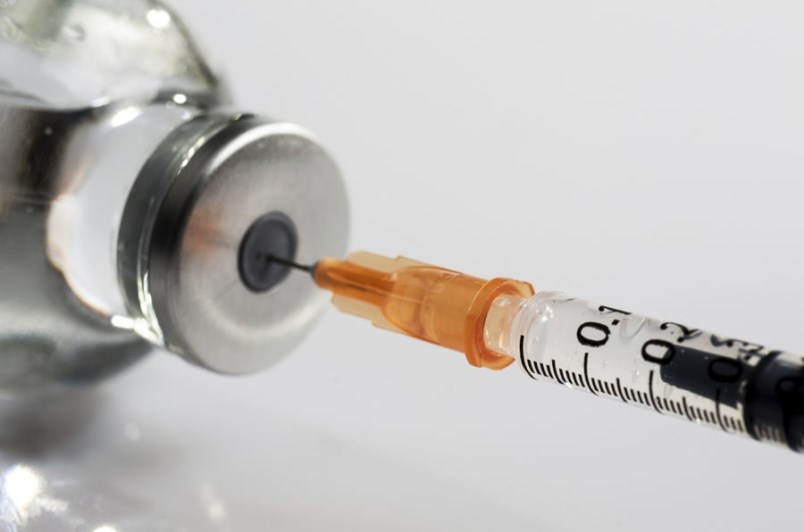As the rest of the province moves to Step 2 ahead of what for many is the first holiday long weekend of the summer, the region's medical officer of health, Dr. Hsiu Li Wang, is urging residents, including those who are fully immunized against COVID-19, to limit non-essential travel outside of the region and instead support the local economy.
“We need the community to continue with public health measures during these times of increased spread,” she said.
If people do choose to travel, Wang urged them to follow public health guidelines.
The warning comes a week after Wang decided to invoke her mandate under the province’s reopening act, holding Waterloo region back from entering Step 2 because of the alarming local spread of the Delta variant.
“The fight against Delta is a difficult one at the end of a very long road,” she said.
The two-week delay, said Regional Chair Karen Redman, is to “make sure when we reopen we stay open.”
“I really hope this two-week opportunity will continue to demonstrate what this community is made of,” she said, adding what she’s seen so far in terms of residents snapping up vaccine appointments as soon as they become available, makes her optimistic that two weeks will be enough.
“I’m optimistic that we will continue to empty our fridges,” she said.
Higher vaccination rates, Wang said, is exerting downward pressure on the variant spread.
The region's chief medical officer said she will monitor case counts and hospitalizations daily to determine when the region is ready to move to Step 2, and if it might be earlier than two weeks from now.
“I am so grateful to the residents of this region for stepping up. Every week we set new records for the number of people being vaccinated. We are building this wall,” Wang said.
In a weekly COVID-19 update with members of the media, Wang highlighted how the region is winning the battle with close to 80 per cent of residents having their first dose of vaccine and over 30 per cent of the population fully immunized.
But the threat from what she says is the most aggressive strain of the SARS-COV-2 virus the world has seen to date, is still very real.
“Delta goes from one person to 6 to 36 to 216 to over 12,000 cases rapidly in a three to five-day cycle. This is how aggressive Delta is. It will take some time for the spread to slow.”
Wang said Waterloo region is not alone and what we’re seeing here is happening in various countries around the world.
“Once Delta gets a foothold it can spread very rapidly,” she said, particularly among the unimmunized members of the population.
Health officials are starting to see signs of control, but it will take time and residents can expect to see continued cases and outbreaks along with fluctuations over the next few weeks, she said.
Locally lagging vaccine rates opened the door for the variant to gain a foothold last month when Delta made its way to Waterloo region through travel.
Delta’s spread here has been driven in large part by the unimmunized younger population; those younger than 18, and aged between 20 to 29 and 30 to 39.
Contact tracing with those who’ve become sick with COVID-19 has shown the virus was acquired mainly during close contact with friends, co-workers, family and neighbours, and at social gatherings.
The aggressive variant has also been known to present different symptoms than earlier variants of the virus, with many assuming they have a common cold.
“The key takeaway is, even if you have mild symptoms, to get tested at one of the testing centres,” Wang said. “Even with mild symptoms, you could have COVID-19, you could have Delta. You really need to be very diligent with that.”
The regional chair's weekly update on charges laid under the Reopening Ontario Act (ROA) and the Emergency Management and Civil Protection Act demonstrate continued effort to combat non-compliance with public health guidelines.
Over the last week, police issued a further 25 summonses to 25 individuals who attended a series of protest gatherings at Waterloo Town Square in May.
And over the last week, municipal bylaw enforcement officers across the region issued 46 $240 fines to people for failing to wear a mask, including two issued by corporate security staff at the regional public health building at 150 Main St. in Cambridge.



